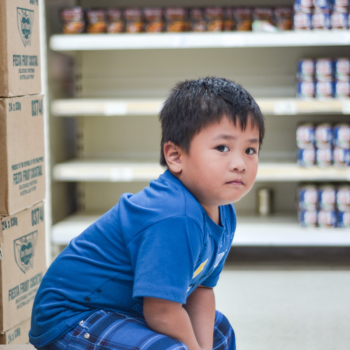Dollar stores have faced a litany of complaints as they continue to expand across the United States. Some say that they drive small mom-and-pop grocery stores out of business. Others complain that they make us fat by not offering fresh, healthy food options. Dollar stores have even been accused of being hotbeds for crime in poor neighborhoods. Some municipalities have gone so far as banning the opening of new dollar stores in their communities. However, many of the prevailing narratives surrounding dollar stores are not supported by solid evidence.
There are currently more than 34,000 dollar stores operating across the United States, with another 2,000 expected to open by the end of this year. In my research as a professor at Arizona State University’s W. P. Carey School of Business, I have studied where dollar stores are located, who dollar stores serve, and what dollar stores sell. The results are interesting: While dollar stores are not a silver bullet to help Americans access healthy food at affordable prices, my research provides clear evidence that these kinds of stores are certainly not the villains they have been made out to be.
Read the full article online at Fast Company.
This article was produced by Footnote in partnership with Arizona State University’s W.P. Carey School of Business.





